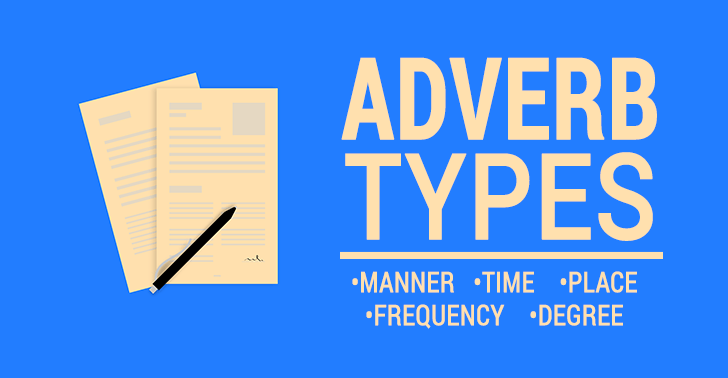Back to: ENGLISH LANGUAGE SS2
Welcome to class!
In today’s class, we will be talking about adverb. Enjoy the class!
Adverb

Adverbs are used in sentences to express the speaker’s position or attitude by adding meaning to a verb, adjective or another adverb used in that sentence. Adverbs can occur in a variety of positions in sentences, in the beginning, in the middle, or at the end. For instance,
- Naturally, he hated having to meet her.
- He naturally hated having to meet her.
- He hated having to meet her naturally.
Some adverbs, like the one in the example above, are derived from other words with the suffix ‘ly’ at the end of the word, such as quickly, joyfully, immediately, lately and accidentally. See the following examples.
- He rushed out hurriedly
- She behaves abnormally.
- He moved into a new apartment where he has to pay annually.
However, some adverbs have no ‘ly’ ending like the ones in the examples above. They include soon, often, fast, somehow, somewhat and although:
- I saw him,
- I have been reading since lunchtime.
- Korede is somewhat careless, he left his glasses on the floor of the room.

Adverb of Place
Adverbs can be used to talk about the place or location in sentences. This is known as an adverb of place, which answers the question ‘where?’ For example:
- The incident happened while I was in Benin.
- I placed the remote on the table.
- I want to get some items just across the road.
Adverb of Time
We also use adverbs to talk about time, known as an adverb of time, which answers the question ‘when?’ For example:
- I have a meeting at noon.
- They agreed to leave in the morning.
- He comes early to school in the morning.
Adverb of Manner
The adverb is also used to express the manner through which an action is carried out. We call this adverb of manner. For example,
- He ran swiftly as she can, but she came second.
- She talks softly.
There are other types of adverbs that are yet to be mentioned and that perform the same function of modifying verbs, adjectives or adverbs in sentences. they include the following:
Adverbs of Degree
which describes to what extent an action is performed:
- He definitely killed the snake.
- The president hardly
Adverbs of Reason
- We suffer because of our laziness.
Adverbs of Purpose
- They sent some money for her school fees (this is an adverbial phrase)
Remember that adverbs are mobile in sentences. They can be placed in any part of the sentence without changing the meaning as much.
Self Evaluation
Today, write ten different sentences and underline the adverbs in each of them.
In our next class, we will be talking about Formal Letter and Sentence Types. We hope you enjoyed the class.
Should you have any further question, feel free to ask in the comment section below and trust us to respond as soon as possible.
